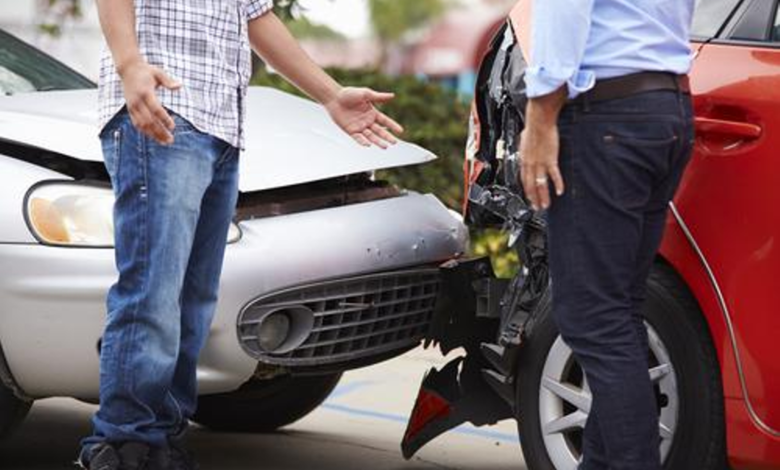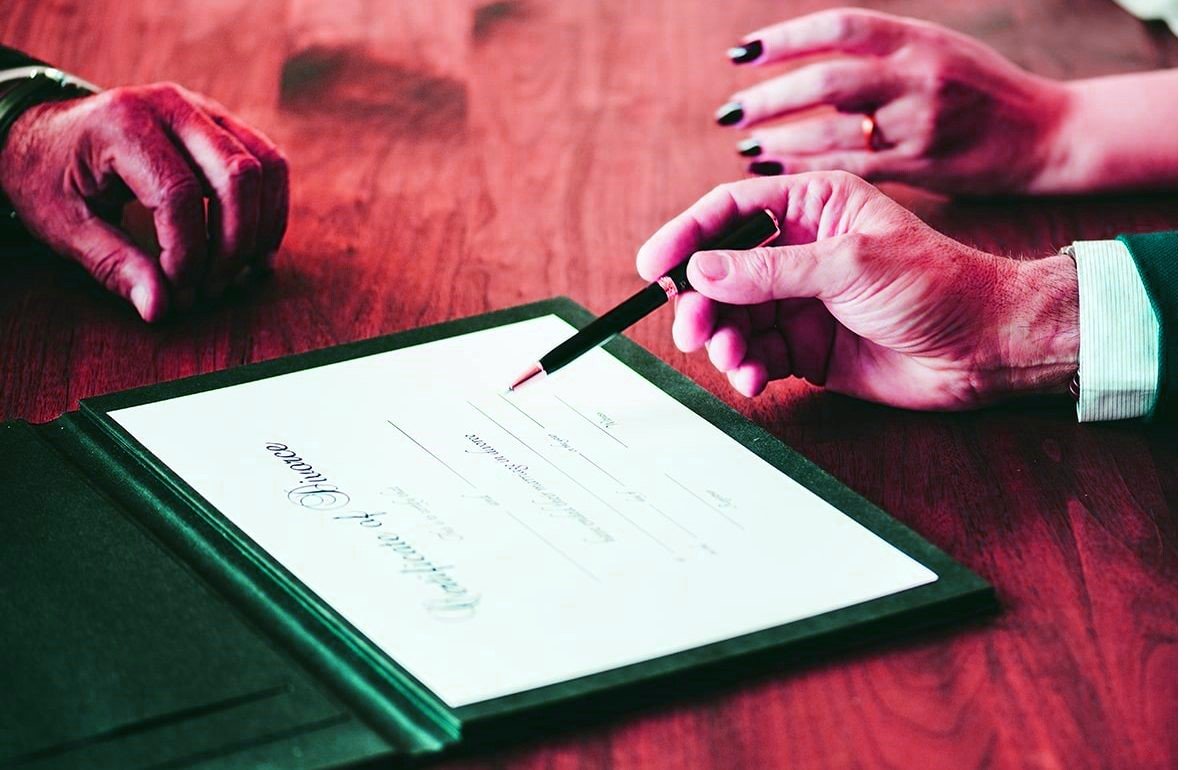Understanding Car Accident Lawsuits: Your Legal Rights Explained
Car accident lawsuit: Understand your legal rights, the claim process, and how to secure fair compensation. Navigate your case with confidence.

Handling the intricacies of auto accident litigation can make navigating the aftermath of an accident particularly difficult. To safeguard your interests, it’s critical to be informed about everything from your legal rights to the best course of action. Understanding the legal system is essential whether you’re defending against a claim or looking for damages to be compensated for. We’ll go over the essential components of auto accident cases in this post so you may be ready and know what to anticipate.
Your life can completely collapse in a second during a car accident, leaving you with financial obligations, emotional anguish, and physical disabilities. Finding out what your legal rights are is the first step in getting over such a devastating experience. We’ll look at a number of topics related to auto accident claims, such as how to file a claim, what kinds of damages are available, and how insurance companies function. After reading this guide, you should have the information necessary to properly navigate the legal system and make sure your rights are protected.
Understanding Car Accident Lawsuits
What Constitutes a Car Accident Lawsuit?
A car accident lawsuit is a legal action taken by a victim of a car accident to seek compensation for damages resulting from the accident. These damages can include medical expenses, property damage, lost wages, and pain and suffering. The lawsuit is typically filed against the party deemed responsible for causing the accident.
Common Causes of Car Accidents Lawsuits
Car accidents can happen for various reasons, including but not limited are Distracted driving, Speeding, Drunk driving, Reckless driving, Weather conditions and Vehicle defects
Types of Car Accident Lawsuits
Personal Injury Claims
Personal injury claims are the most common type of car accident lawsuit. They are filed by individuals who have suffered physical or emotional injuries due to the accident. Compensation can cover medical bills, rehabilitation costs, and pain and suffering.
Property Damage Claims
These claims focus on the damage to your vehicle and other personal property. Compensation aims to cover repair or replacement costs.
Wrongful Death Claims
If a car accident results in a fatality, the family of the deceased can file a wrongful death claim. This type of lawsuit seeks compensation for funeral expenses, loss of companionship, and other related damages.
Legal Rights After a Car Accident
Right to Compensation
Victims of car accidents have the right to seek compensation for their losses. This includes economic damages (medical expenses, lost wages) and non-economic damages (pain and suffering).
Right to Legal Representation
You have the right to hire an attorney to represent you in your car accident case. An experienced lawyer can help navigate the complex legal landscape and improve your chances of a favorable outcome.
Right to File a Lawsuit
If negotiations with the at-fault party or their insurance company fail, you have the right to file a lawsuit to pursue the compensation you deserve.
Steps to Take After a Car Accident
Immediate Actions at the Scene
Check for injuries and call emergency services. Move to a safe location, if possible. Exchange information with the other driver(s). Document the scene with photos and notes.
Gathering Evidence
Collecting evidence is crucial for building your case. This includes photos of the scene, witness statements, and police reports.
Seeking Medical Attention
Even if you feel fine, it’s important to seek medical attention after an accident. Some injuries may not be immediately apparent.
Filing a Car Accident Lawsuit
The Legal Process
The process begins with filing a complaint in civil court. This document outlines your case against the defendant.
Statute of Limitations
Each state has a statute of limitations, which is the timeframe within which you must file your lawsuit. This period typically ranges from one to three years.
Filing the Complaint
Your attorney will help you draft and file the complaint, which formally initiates the lawsuit.
Proving Liability in Car Accident Cases
Negligence and Fault
To win your case, you must prove that the other party was negligent and that their negligence caused the accident. Negligence can include actions like running a red light or texting while driving.
Evidence Required
Key evidence includes police reports, witness statements, medical records, and any other documentation that supports your claim.
Role of Police Reports and Witness Statements
Police reports and witness statements play a crucial role in car accident lawsuits by providing unbiased, third-party accounts of the incident. A police report, filed by the responding officers, contains essential information such as the date, time, location, and circumstances of the accident, along with any citations issued. It serves as an official record that can corroborate your version of events and support your claims. Witness statements, on the other hand, offer additional perspectives and details that might not be captured in the police report.
Read More: Mental Health Support in General Practice: What to Expect
Conclusion
Anyone engaged in an automobile accident should be aware of their legal rights and the complexities of car accident lawsuits. Although the legal system can be complicated, you can successfully navigate it if you have the necessary knowledge. Every step, from submitting a claim to negotiating with insurance providers, needs to be done with great thought and care. Whether you are fighting a claim or seeking compensation, being well-informed and prepared can have a big impact on how your case turns out.
In the end, being vigilant and aggressive is key to defending your legal rights following an automobile accident. Making educated selections will be aided by getting expert legal counsel, gathering and organising all pertinent data, and comprehending the procedure. Even though auto accidents are regrettable occurrences, being aware of your rights and what to do can ease your mind and facilitate a quicker recovery. As you navigate this difficult period, make sure your rights are upheld and keep informed and prepared.
FAQs
What should I do immediately after a car accident?
After a car accident, ensure everyone’s safety and call emergency services if needed. Document the scene by taking photos, exchanging information with other parties, and gathering witness contact details. Report the accident to your insurance company and seek medical attention, even if you feel fine initially.
How long do I have to file a car accident lawsuit?
The time limit for filing a car accident lawsuit, known as the statute of limitations, varies by state. It typically ranges from one to three years from the date of the accident. It’s essential to consult with a legal professional promptly to ensure you meet all deadlines.
What types of compensation can I claim in a car accident lawsuit?
You can claim various types of compensation in a car accident lawsuit, including medical expenses, lost wages, property damage, pain and suffering, and emotional distress. The specific compensation available depends on the details of your case and the laws in your state.
Do I need a lawyer for a car accident lawsuit?
While it’s possible to handle a car accident claim on your own, having a lawyer can be highly beneficial. An experienced attorney can help you navigate the legal process, negotiate with insurance companies, and ensure you receive fair compensation for your damages.
What if the other driver is uninsured or underinsured?
If the other driver is uninsured or underinsured, you may still be able to recover damages through your own insurance policy, specifically through uninsured/underinsured motorist coverage. Additionally, consulting with a lawyer can help explore other potential avenues for compensation.










